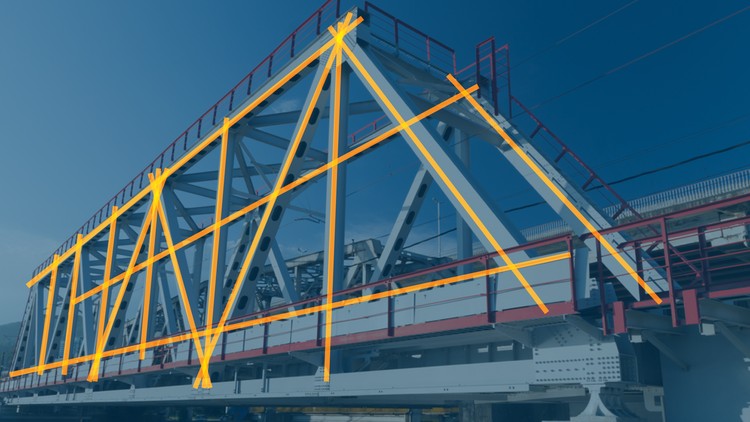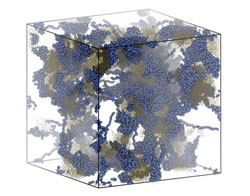

Mechanics is the physical science which deals with the effects of forces on objects. No other subject plays a greater role in engineering analysis than mechanics. Although the principles of mechanics are few, they have wide application in engineering. The principles of mechanics are central to research and development in the fields of vibrations, stability and strength of structures and machines, robotics, rocket and spacecraft design, automatic control, engine performance, fluid flow, electrical machines and apparatus, and molecular, atomic, and subatomic behavior.
A thorough understanding of this subject is an essential prerequisite for work in these and many other fields. Mechanics is the oldest of the physical sciences. The early history of this subject is synonymous with the very beginnings of engineering. The earliest recorded writings in mechanics are those of Archimedes (287–212 B.C.) on the principle of the lever and the principle of buoyancy. Substantial progress came later with the formulation of the laws of vector combination of forces by Stevinus (1548–1620), who also formulated most of the principles of statics. The first investigation of a dynamics problem is credited to Galileo (1564–1642) for his experiments with falling stones. The accurate formulation of the laws of motion, as well as the law of gravitation, was made by Newton (1642–1727), who also conceived the idea of the infinitesimal in mathematical analysis. Substantial contributions to the development of mechanics were also made by da Vinci, Varignon, Euler, D’Alembert, Lagrange, Laplace, and others.
In this course we will be concerned with both the development of the principles of mechanics and their application. The principles of mechanics as a science are rigorously expressed by mathematics, and thus mathematics plays an important role in the application of these principles to the solution of practical problems. The subject of mechanics is logically divided into two parts: statics, which concerns the equilibrium of bodies under action of forces, and dynamics, which concerns the motion of bodies.
Refrences
- Engineering Mechanics, Statics 7th edition J.L. Meriam, L.G. Kraige
- Engineering Mechanics, Statics 13th edition R.C. Hibbeler
- Vector Mechanics For Engineers 10th edition Bear, Johnson, Mazurek, Cornwell
- ZipFiles

